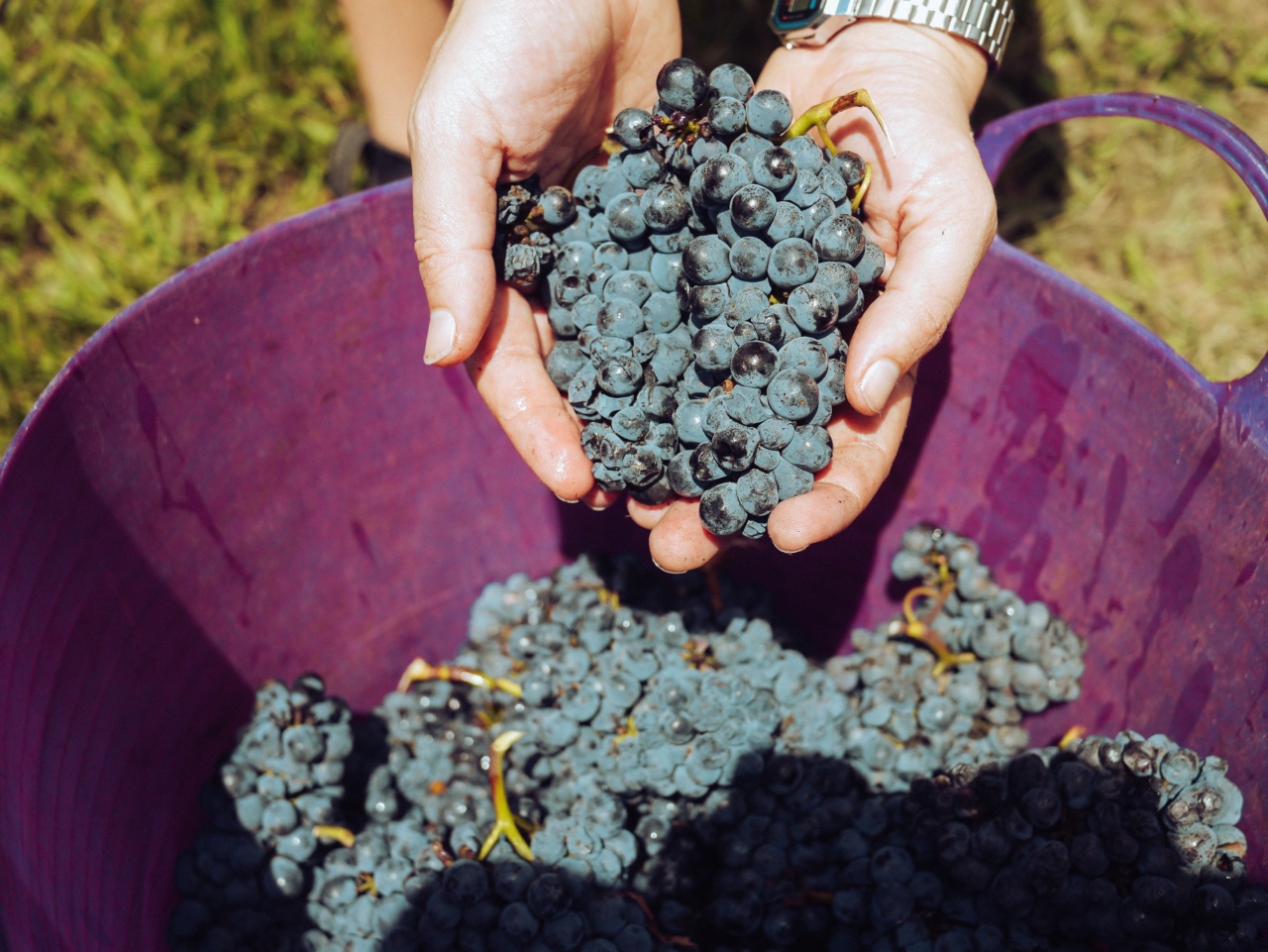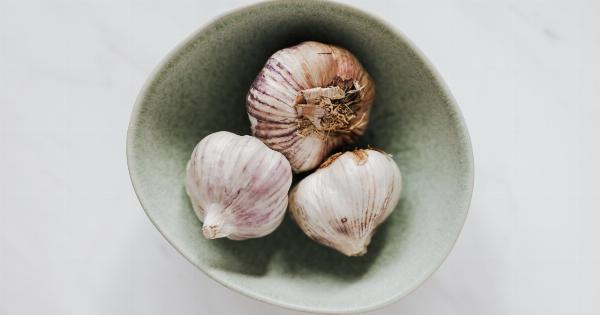Winter is a season that is often associated with comfort foods, indulgence, and overeating. However, this does not mean that you should neglect your diet during this time of the year.
In fact, winter is the season of abundance when it comes to nutritious produce. Here are some of the winter’s most nutritious produce that you should incorporate into your diet:.
Kale
Kale is a green leafy vegetable that is packed with vitamins and minerals, especially during the winter season. Kale is loaded with vitamin C, K, A, and E, which all help boost the immune system. It is also a great source of fiber, calcium, and iron.
Since kale has a sturdy texture, it can stand up to hearty winter dishes, such as casseroles and stews.
Carrots
Carrots are another nutritious winter vegetable. They are a great source of vitamin A, which is important for maintaining healthy vision. They also contain vitamin K, potassium, and fiber, making them good for digestion and heart health.
Carrots can be roasted, sautéed, or boiled to incorporate them into your diet.
Cauliflower
Cauliflower is a versatile vegetable that can be used in a variety of dishes. It is packed with nutrients, including vitamin C, K, and B6, which help boost the immune system and improve brain function.
Cauliflower is also a good source of fiber, potassium, and magnesium. You can use cauliflower to make soups, casseroles, or even as a substitute for rice.
Brussels Sprouts
Brussels sprouts are a winter vegetable that is often overlooked. However, they are packed with nutrients, including vitamin C, K, and A, which help fight inflammation and boost the immune system.
Brussels sprouts are also a good source of fiber and folate. You can roast or sauté them to bring out their natural sweetness.
Pomegranates
Pomegranates are a winter fruit that is loaded with antioxidants, which help fight inflammation and reduce the risk of chronic diseases, such as heart disease and cancer. They are also a good source of vitamin C, which boosts the immune system.
You can eat pomegranates on their own, or sprinkle them on top of salads or yogurt.
Winter Squash
Winter squash is a type of squash that is harvested in the fall but is available throughout the winter season. It comes in many different varieties, including butternut, acorn, and spaghetti squash.
Winter squash is rich in vitamins A and C, as well as potassium and fiber. It can be roasted, mashed, or used as a base for soups and stews.
Cabbage
Cabbage is a cruciferous vegetable that is packed with antioxidants, vitamins C, K, and B6. These nutrients all help boost the immune system and improve digestion. Cabbage is also a good source of fiber and folate.
You can sauté or steam cabbage to incorporate it into your diet.
Citrus Fruits
Citrus fruits, such as oranges, grapefruits, and lemons, are in season during the winter months. They are rich in vitamin C, which boosts the immune system and helps fight off colds and flu. They are also a good source of fiber, folate, and potassium.
You can eat them on their own or use them in dressings and marinades.
Beets
Beets are a root vegetable that is in season during the winter months. They are rich in antioxidants, which help fight inflammation and reduce the risk of chronic diseases. They are also a good source of fiber, potassium, and folate.
You can roast or steam beets to incorporate them into your diet.
Onions
Onions are a winter vegetable that is often used as a flavoring agent in dishes. They are rich in antioxidants, vitamins C and B6, and potassium. These nutrients all help boost the immune system and improve heart health.
Onions are also a good source of fiber. You can sauté or roast onions to incorporate them into your diet.
In conclusion, winter is a season of abundance when it comes to nutritious produce. Incorporating these winter vegetables and fruits into your diet can provide many health benefits and help boost your immune system during the cold and flu season.




























